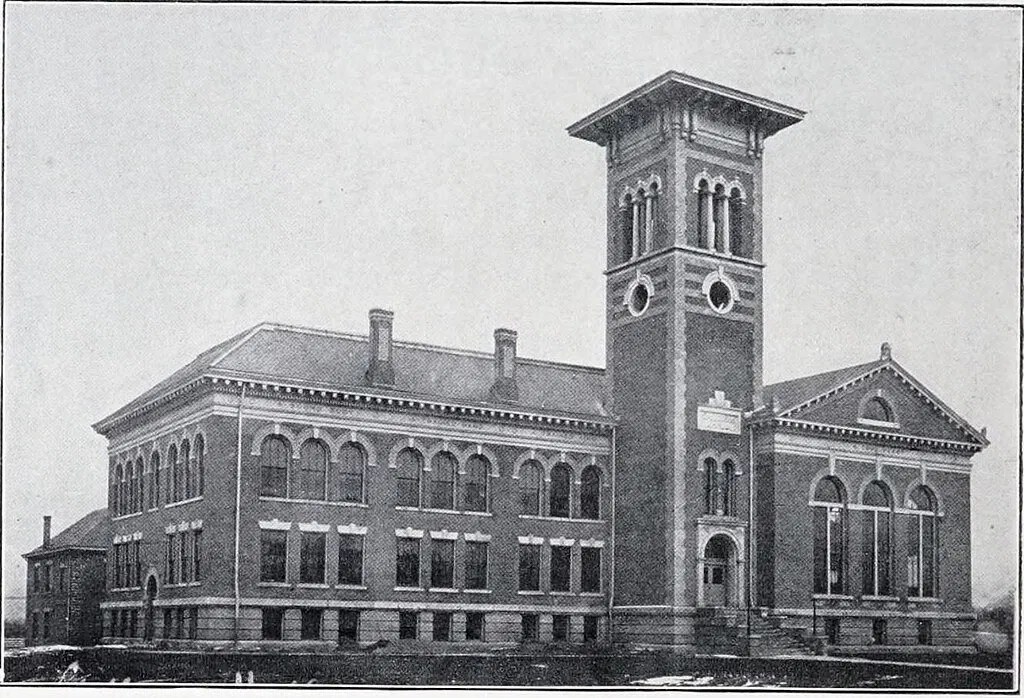Wilberforce University — the nation’s oldest private Historically Black College and University — is taking steps to revive its storied football program nearly 100 years after it was discontinued. The Ohio-based HBCU announced in September that it has launched a feasibility study to explore what it would take to bring football back to campus. The last time the Bulldogs fielded a team was in the 1930s, when Wilberforce captured the 1931 Black College National Championship. “This is more than about athletics — it’s about reclaiming our legacy, enriching the student experience, and energizing our campus culture,” said Wilberforce president Dr. Vann R. Newkirk in the school’s official statement.
A Return to the Gridiron Rooted in Legacy
Founded in 1856, Wilberforce University has long been a cornerstone of Black higher education. Its football program dates back to the early 20th century, when the Bulldogs were among the nation’s most competitive Black college teams. In 1931, under head coach Harry C. Graves, Wilberforce defeated Tuskegee University to claim the national title — a milestone that still resonates with alumni and sports historians. The program, however, was shuttered later that decade due to financial challenges and shifting institutional priorities.
Growth Sparks a New Vision
According to the university, renewed interest in football stems from projected enrollment growth, with Wilberforce expecting to surpass 1,000 students by 2026. Leaders believe a football program could boost school spirit, attract prospective students, and expand opportunities for scholarships and community engagement. The feasibility study will examine facility needs, staffing, funding models, and student-athlete interest, as well as Title IX compliance to ensure balanced resources for men’s and women’s sports. Dr. Newkirk emphasized that any decision to bring football back will prioritize “sustainability, equity, and student safety.”

Community and Alumni Enthusiasm
The idea of returning to the field has sparked excitement among alumni who see football as central to HBCU culture — from the energy of Homecoming Saturdays to the pageantry of halftime shows. Several supporters told HBCU Gameday that a team could help restore traditions lost over generations and strengthen alumni engagement.
Challenges Ahead
Restarting a football program after nearly a century presents challenges: building a stadium or upgrading facilities, hiring coaching staff, recruiting athletes, and raising millions of dollars in operating funds. The university has not set a final timeline, but if feasibility plans progress, football could return as early as Fall 2027.
Why It Matters for HBCU Athletics
Wilberforce’s initiative reflects a broader trend among smaller HBCUs seeking to revitalize athletics to drive enrollment, community ties, and national visibility. A successful relaunch would make Wilberforce one of the few HBCUs to restore a discontinued football program, offering lessons for other campuses weighing the balance between tradition and fiscal responsibility.

